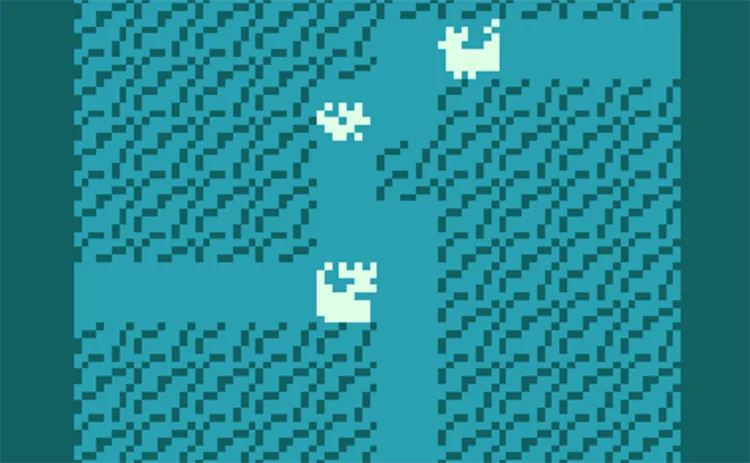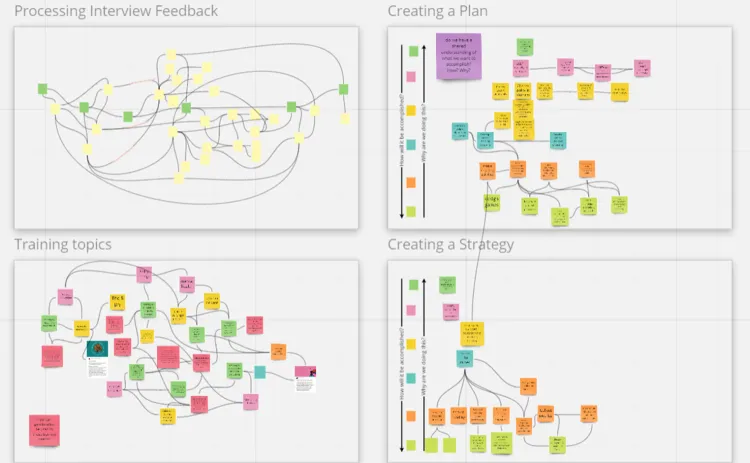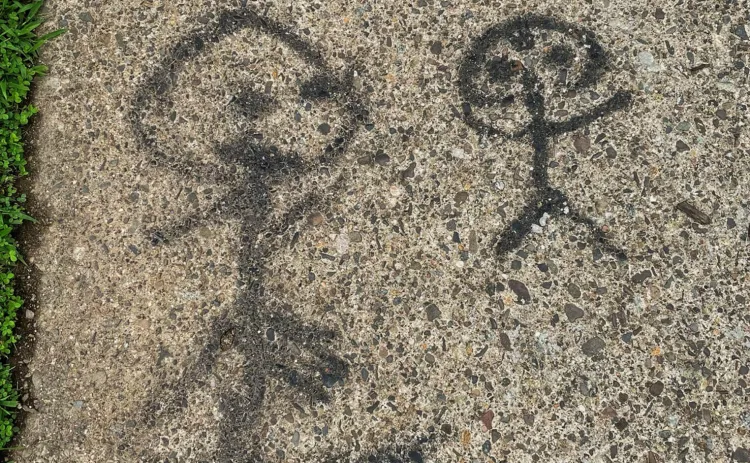Journal #5 - Connecting the Dots

Photo credit: Chris Stone '23 (Vietnam-virtual, SIT, summer 2021)
Howdy folx,
We’re nearing the end of the program now! It’s the middle of July but here I am packing for college already. There is a reason for this though—I’ll be moving in a bit early to help out with the orientation play! I hope I can make a positive impact on the incoming students. My sister was in the play when I was a freshman and it meant a lot to me. My friends and I also figured out how we wanted to do our housing block the day before the form was due too, so that is a huge relief off my mind. If we get it, it’ll be our first block as Swarthmore students!
The past two weeks have been a grind as I wrap up my projects for the internship. I spent some time brewing up potential game ideas based on existing technologies. One of the ideas was a conversational card game to help build the emotional capacity to discuss LGBT+ topics and issues. I scoured for random quotes and card generators on CodePen to showcase how feasible it’d be to transfer the cards to a digital platform without my mentor or myself knowing much programming. Another idea I had involved using a tool called “Twine”, which can be used to create a story that goes down a variety of pathways or incorporate learning goals that adapt to the decisions of the player while incorporating multiple narratives, all in an HTML file. While researching this tool, I got to play a lot of micro-games to figure out the potentials and mechanics, which was a lot of fun because a lot of Twine games are by queer and trans creatives too. As someone who doesn’t really play games, I’m not sure I would have found myself playing them if it weren’t for this research. I was really amazed at how people create everything from interactive essays or snippets of their personal diaries using HTML-based game-making tools. If you’re a professor, reading this, I encourage you to let your students try to submit their assignments as games rather than papers and see how that goes!

The bitsy game Con Rồng Cháu Tiên by linhtropy retells a Vietnamese Origin Myth. Bitsy is another HTML-based game-making tool I researched. Photo credit: Chris Stone '23 (Vietnam-virtual, SIT summer, 2021)
To process what we wanted the curriculum to actually look like, I conducted stakeholder interviews with ICS members to get their perspectives working with Vietnamese communities. I heard back from my interviewees this week and used a tool called Miro to organize these ideas. My mentor was really receptive to the approaches I used to process the key takeaways and we discussed what might be missing or what should be moved around. Miro has been my number one favorite project management and collaborative whiteboard tool since I came across it in October. Whether you want to work on homework problems with a friend, do a literature review, or run a workshop, Miro really comes in handy. They’ve also recently been improving screenreader optimization which is a huge accessibility must-have.

A screenshot of various ideas organized based on different models and thought flows on Miro. Photo credit: Chris Stone '23 (Vietnam-virtual, SIT, summer 2021)
While I spent a lot of time in the past weeks doing research and writing up reports that help with the context needed to develop the curriculum, organizing out these thoughts of everyone’s contributions on Miro is my favorite thing to do because it helps create a visual canvas of where our shared understanding is and where we’re headed. It’s where the “big picture” actually starts to click. You know what they say, teamwork makes the dream work! I’m really glad this is the last piece I was able to incorporate into my project outputs. What’s left to do now is write my final report and do a final presentation.

A couple of stick figures I came across while on my walk. Photo credit: Chris Stone '23 (Vietnam-virtual, SIT, summer 2021)
I leave you off with this piece of advice: if you ever share a Google Doc or any material that is on your student account and thus could be potentially deleted once you graduate, make sure to tell your supervisor to personally make copies of those documents and to make personal copies of this work too! These documents can be really important to showcase your work later on and maintain intergenerational memory in the projects you’ve participated in.



